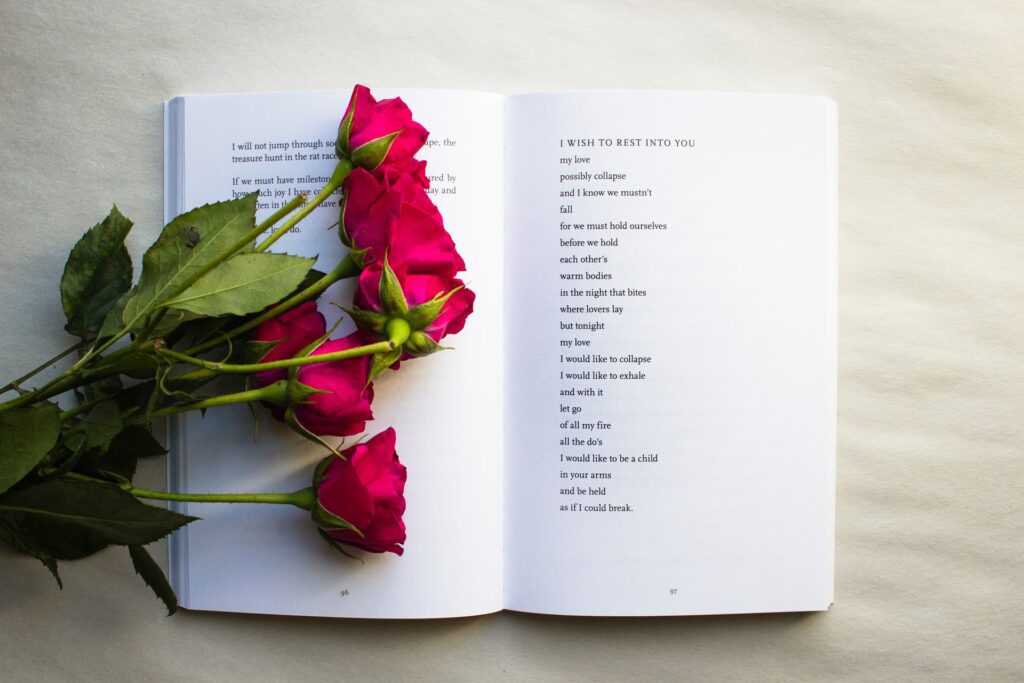Some may sum up their words in essays or content sections that only deliver a specific message. Meanwhile, numerous people only believe in writing sonnets, poetry, and enclosed sections to gratify or pacify a message. And, there are people for whom poetry is more than personal! You can’t blame such a section of society. Poetry has been and will be a personal verse, perceived in a thoughtful notion. Not only does this set of perfect words dictate a personal experience, but they also show raw emotions that the poet cannot express through facial instincts.
Even though you have written non-fiction, business blocks, prose, blog posts, and several life lessons, poetry takes an entirely different understanding ethic. It is more mysterious. And, guess what? Literature enthusiasts love unlocking every metaphor that a poem talks about. Talk about rhyming schemes, case notes, deliverable sections, and starts & ends; it has everything in it.

But, What Is Poetry?
Many beginners think that poetry is divided into two parts. One part, where Shakespeare plays a significant role, and the other, where everything rhymes at the end like ‘a cat with a hat.’ Well, if you think there’s no other formula, you’re mistaken. Poetry is more than rhyming and syllables. A piece of poetry is defined as a literary work that intensifies the expression of ideas and feelings through a unique rhythm and style. This simply implies that poetry can be anything. All it requires is a section that expresses an emotion.
You can do that. You can write, and no one will stop you from doing it. But, if you only want to write, why write a poem? Let’s check the rundown.
Why Write Poetry, Anyway?
While several people avoid writing poetry, we have three primary reasons to flatter you to risk and write.
1. To Broaden Your Understand of Language
Since prose is called a set of words, poetry is referred to as the perfect set of perfect words. Poetry might showcase only a handful of words, but writing a draft can put you through some emotional moments. Poetry is one of the languages for the perfect word. Instead of quoting someone ‘slowly walks by the door,’ you can simply say ‘enters casually.’ When it comes to poetry, you should select every word carefully since it fits with the tone, style, and rhythm.

Writing a poem needs an individual to express specific thoughts of emotions almost melodically, which makes the words on your pages invisible. And, did you know the only way you can develop such skill and style is through practice. Try, fail, and succeed like this. If you are still thinking about writing poetry, it can force one to broaden and deepen the understanding of language and emotions and how they can be used.
2. Learn to Break the Rules
Ask any established poet, and they will tell you that rules are meant to be broken. However, while editors may disagree, many believe that worthwhile writing is not just applicable to breaking the rules but also honing to create your own. This is how rules and regulations are developed in the initial place. When it comes to poetry, you’re allowed to break several rules. You can utilize grammar to maneuver rhythm and not just to separate different clauses. In poetry, you can never be bound to a specific length either. Some poems can be short, while others can comprise hundreds of pages.
3. To Write Better Prose
One of the biggest reasons to write poetry is because it might make your writing a lot better. You would know how to sum up your thoughts in fewer words. Poetry tends to provide an understanding of the language and certainly allows one to objectify writing differently. Moreover, poetry can enable you to come up with better ideas and techniques to advance with thoughts.
Let’s take the example of Shakespeare in this case. He began his career as a playwright and actor. However, amid his career, in 1593 and 1594, theaters closed down due to the spread of the plague. It was this phase that allowed him to focus on poetry. But, after a couple of years, he went back to redrafting plays. However, something had changed.
Write Poetry

Coming towards the end, if you have never written a poem, many things can come before you, which can be daunting. So, do not get intimidated or overwhelmed. When you start, you may limit yourself in writing certain sections. Never do that. Remember, become a good poet and learn how to sum up the best of you within four lines. So, what are you waiting for? It might be time for you to make a mark. Write something down, talk to your manuscript, and trust us, you will be proud of it. Speaking of which, you need to get the ball rolling.
Featured Image Credits: Pixabay







